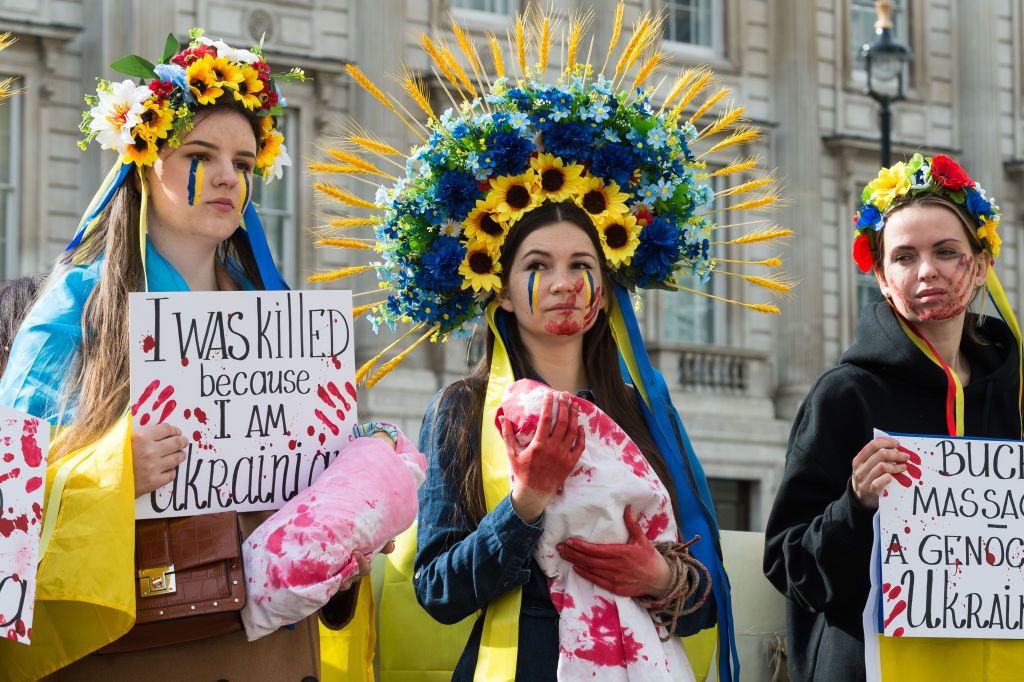Russian State Duma approves ban on gender reassignment

The State Duma, the lower house of the Russian Federal Assembly, gave its final approval on July 14 to the bill banning gender reassignment.
Upon coming into effect, the new legislation will prohibit medical interventions – both through surgical operations and drug applications – aimed at forming primary or secondary characteristics of the opposite sex.
Only certain medical interventions for the treatment of diseases and anomalies of the genital organs in children will be allowed with the approval of a medical commission.
The law will also prohibit changing gender in government-issued documents and all certificates on gender reassignment of those who have not yet changed their passport will be annulled.
Citizens who underwent gender reassignment will not be allowed to adopt children or become foster parents, the bill stipulates.
Chairman of the State Duma Vyacheslav Volodin praised the legislation for protecting Russian "citizens and children" from the "degeneration of the nation."
The bill must still pass a single reading in the Federation Council, the upper house of the Assembly, and be signed into law by Russian dictator Vladimir Putin before coming into effect.
As The Moscow Times commented, these final steps are mainly seen as formalities.
The legislation attracted international criticism, including denouncements from human rights groups. Human Rights Watch said that the formulations surrounding the bill are emblematic of Moscow's rejection of universal human rights.
The Russian government has been systematically targeting the LGBTQ+ community. Dictator Vladimir Putin signed a law on Dec. 5, 2022, banning the so-called LGBTQ+ "propaganda" in Russia. This prohibited the promotion or "praise" of LGBTQ+ relationships and public expression of non-heterosexual orientations.











